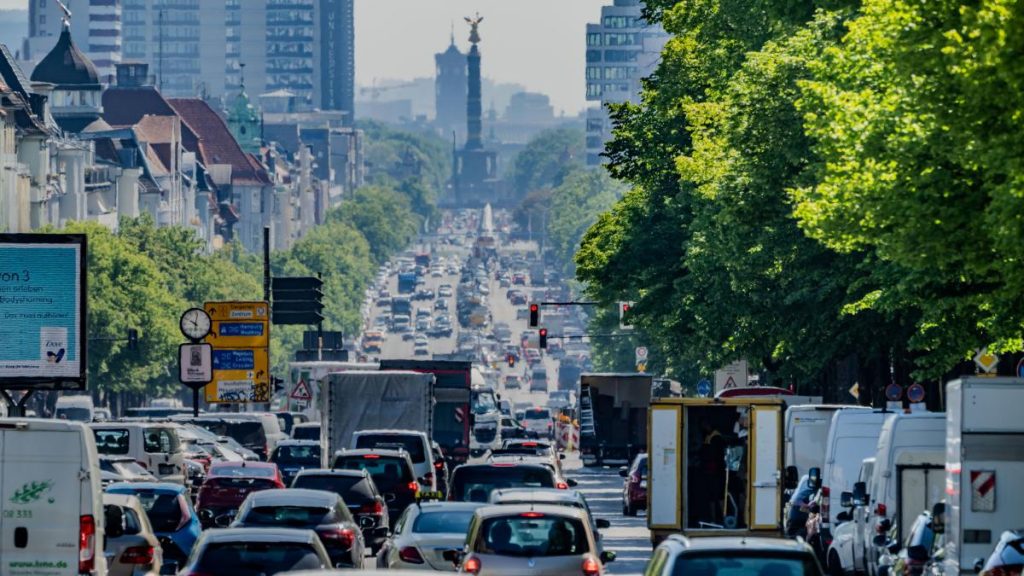A new study by Agora Verkehrswende warns that the failure of the German transportation transition could cost the country 9.7 trillion euros. The goal is to achieve net-zero greenhouse gas emissions by 2045, but the current policy is at risk of falling short. The longer the government delays implementing measures for a climate-neutral transportation sector, the more expensive the transition will become. The study analyzed three scenarios with varying levels of climate protection measures in the transportation sector.
The reference scenario, based on the current transportation policy including planned but not yet approved measures, would see a decrease in greenhouse gas emissions to 111 million tons by 2030 and around 15 million tons by 2045. This falls short of the climate targets for both years. Two alternative scenarios, “Wende 2025” and “Wende 2030,” assume more ambitious climate protection programs starting in 2025 and 2030 respectively. These scenarios would achieve climate neutrality in transportation by 2045, but with higher costs and more efforts required for the “Wende 2030” scenario.
All three scenarios maintain the same level of mobility but distribute it differently among transportation modes. The public transportation sector plays a larger role in the 2025 and 2030 scenarios compared to the reference scenario. The focus is not on reducing car traffic but on replacing combustion engines with electric ones. The “Wende 2025” scenario has a higher proportion of electric vehicles, with the highest in the “Wende 2030” variant, both emphasizing a significant reduction in motorized individual traffic.
If the government continues with the current course, it would need to spend 9.7 trillion euros by 2045 for the transportation transition, including indirect costs from climate damage due to continued CO2 emissions. Despite the huge sum, the climate goals for the transportation sector would still be missed. Taking action by 2025 to achieve the net-zero emissions goal within the next 20 years would save the government around 60 billion euros due to lower climate damages. However, shifting course by 2030 would require significantly more expensive efforts, costing over half a trillion euros compared to maintaining the current plan.
Wiebke Zimmer, the deputy director of Agora Verkehrswende, stated that with quick and decisive action, the transportation sector can become climate-neutral by 2045 without additional costs. While initial investments are needed, the overall costs would not increase. Zimmer emphasized the importance of political will in achieving this goal. The study highlights the urgency of implementing ambitious climate protection measures in the transportation sector to avoid the high costs and risks associated with delaying the transition towards a sustainable and climate-neutral transportation system.


